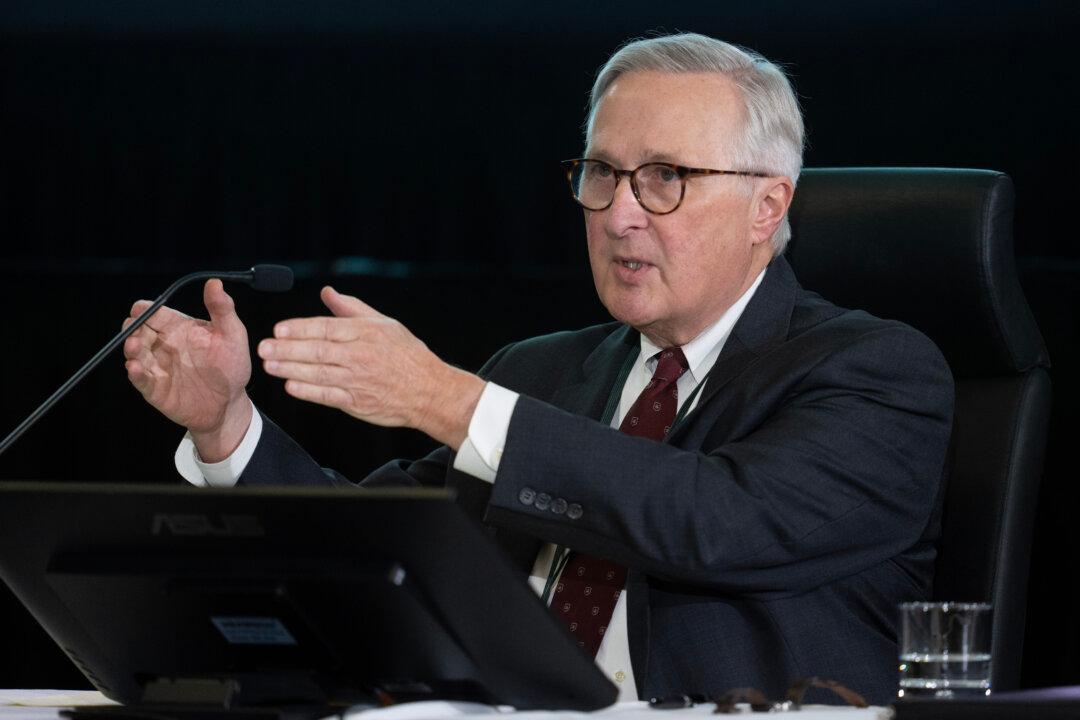The former head of Canada’s intelligence agency says the Winnipeg lab scientists who were eventually fired for undisclosed ties to the Chinese regime should not have been allowed continued full access to Canada’s highest-security lab after they were flagged for security concerns.
“Their unfettered access to until almost the very end was too long,” Richard Fadden, former head of the Canadian Security Intelligence Service (CSIS) and former national security adviser to the prime minister, said at a House of Commons Canada-China relations committee meeting on May 3.





